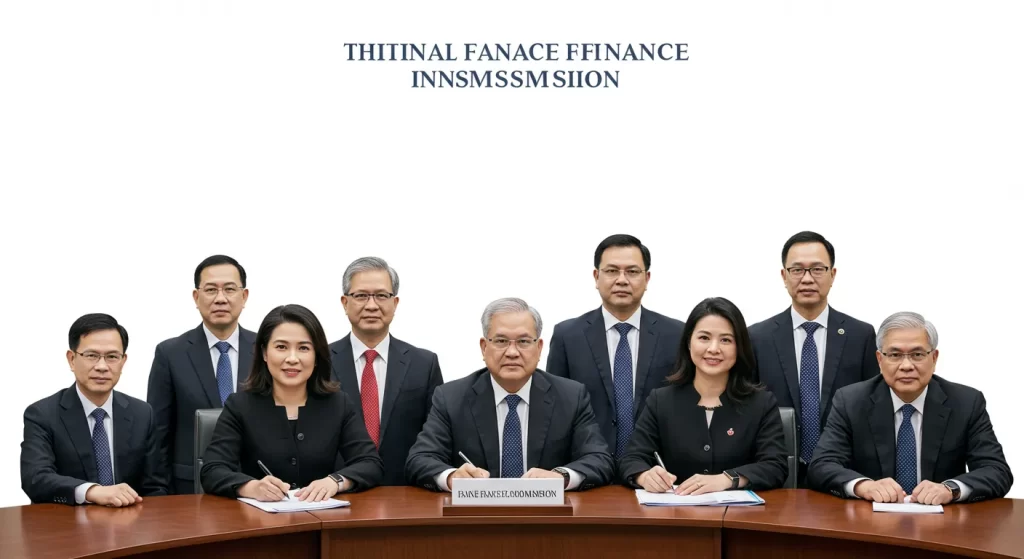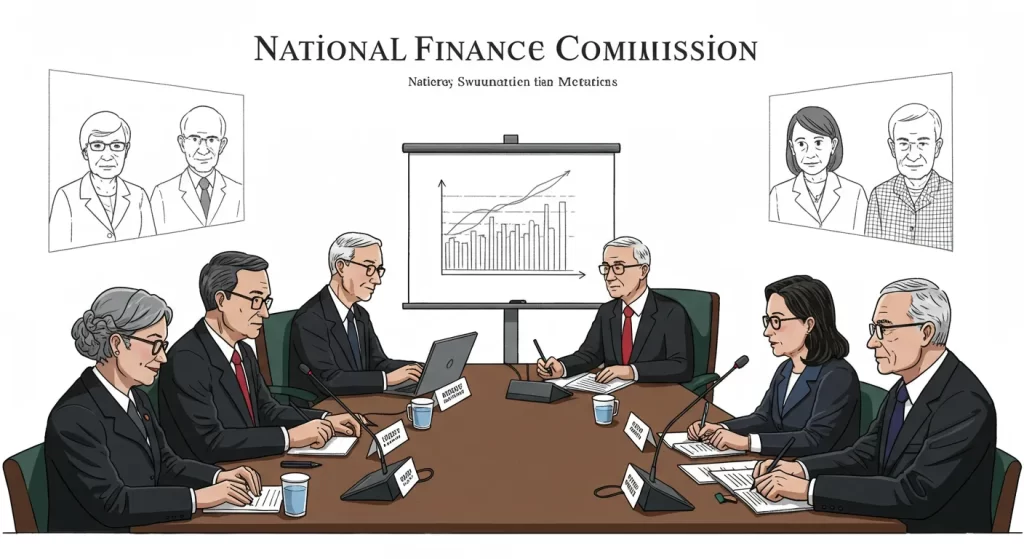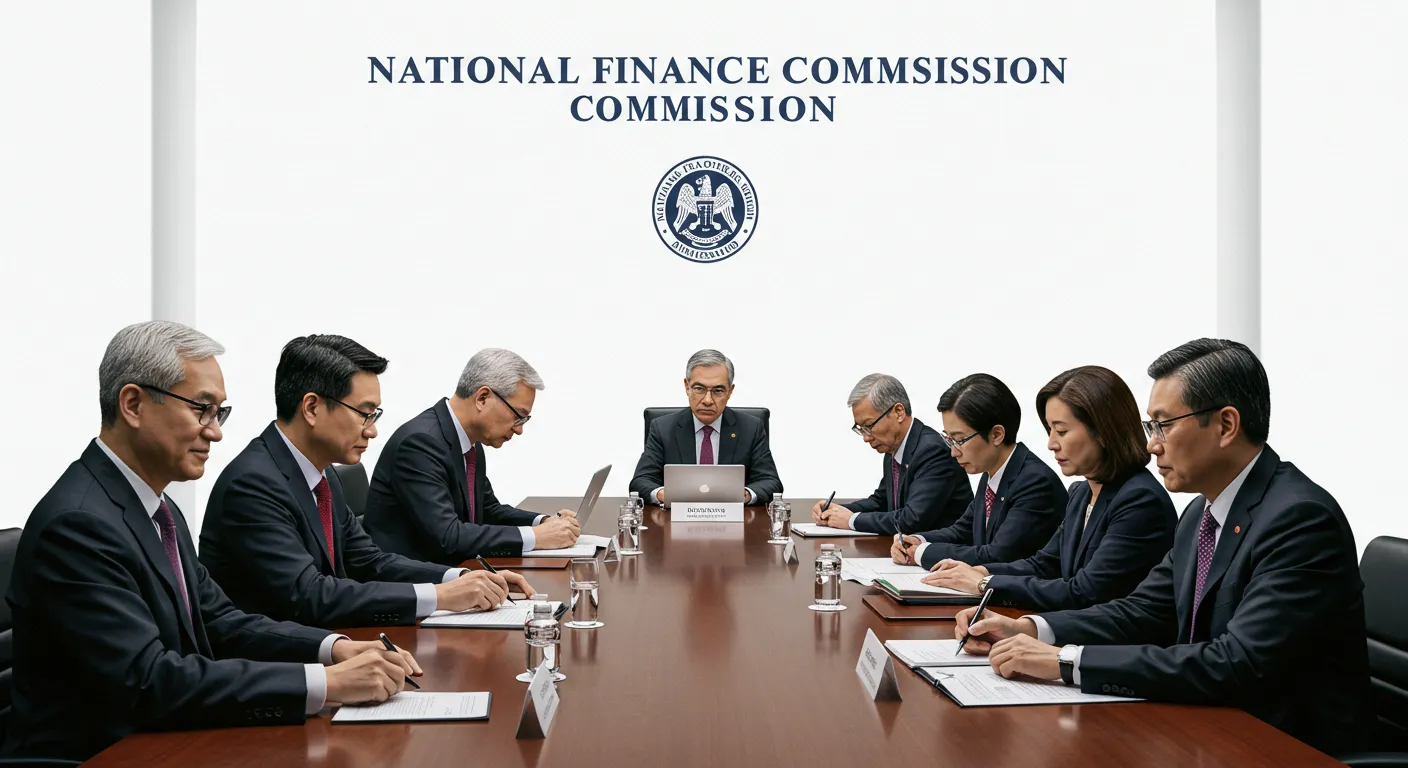Table of Contents
Money matters affect everyone. From schools and hospitals to roads and public safety, the way a country distributes funds across different regions plays a major role in shaping lives. This is where the national finance system comes into play.
In Pakistan, the National Finance Commission (NFC) is a crucial institution that determines how financial resources are shared between the federal government and the provinces. With deep historical roots and evolving structures, the NFC is not just about numbers—it’s about fairness, unity, and sustainable development.
The Foundation of Fiscal Fairness
The idea behind the NFC is simple: provinces should get a fair share of the resources collected by the central government. Pakistan’s constitution makes it mandatory to set up a National Finance Commission every five years. This ensures that no province feels neglected, and that the needs of all regions are regularly assessed and addressed.
A Look Back at History

The journey began in 1975 when the first NFC Award was announced. It was a big step toward setting up a proper system for financial distribution in the country.
Over the years, several awards have been given, each one refining how funds are shared. The 7th NFC Award, signed on December 30, 2009, is often seen as the most significant. It didn’t just divide taxes—it introduced a new way of thinking about equality and shared responsibility.
How the System Works
At its core, the NFC focuses on five key types of taxes: income tax, sales tax, wealth tax, capital gains tax, and customs duties. These taxes are collected by the federal government, and a portion is transferred to the provinces. But it’s not a flat rate for everyone. The distribution depends on several factors like population, poverty level, revenue collection, and even the area size of a province.
Beyond Just Numbers
While it may sound like a technical financial process, the NFC Award is about more than money. It reflects the political and economic balance of the country. It helps provinces run schools, build hospitals, maintain roads, and deliver other public services. In a way, it keeps the country functioning smoothly by supporting both large cities and remote villages.
Making Sense of the 7th NFC Award
The 7th NFC Award was revolutionary in many ways. For the first time, it introduced a multi-factor formula for resource distribution. Population still had the highest weight, but poverty, revenue generation, and backwardness were also considered. This was a step toward fairness, especially for smaller and less developed provinces. It wasn’t just about who had the most people—but about who needed more help.
Also Read: Tesla Yahoo Finance: Your Ultimate Guide to Tesla Stock News, Trends, and Insights
What Goes into Decision-Making?
Every time a new NFC Award is planned, a special commission is formed. It includes the federal finance minister and finance ministers from all provinces. Economists and financial experts also play a key role.
Together, they assess the fiscal position of both the center and the provinces. They look at targets set in the country’s development plans and current economic realities. The goal is always the same: to come up with a formula that works for everyone.
Challenges Faced by the Commission

Creating the perfect distribution formula is never easy. There are always tensions between the federal and provincial governments. Provinces may want a larger share, while the center needs enough funds to run national programs.
Economic fluctuations, political instability, and even natural disasters can also affect how the funds are managed. For example, during financial crises, it becomes harder to meet the promised transfers, causing delays and disputes.
The Role of the National Finance Center
Apart from the Commission, there’s also the National Finance Center in the U.S., which is a Shared Service Provider for financial management.
But in the context of Pakistan, when we talk about the National Finance Commission, we’re referring to the body that governs fiscal resource allocation. It’s important not to confuse the two. While their names are similar, their roles and functions are completely different.
Evolving with Time
The world of finance is always changing, and so is the role of the NFC. Modern challenges like climate change, digital taxation, and economic inequality require new approaches.
In the future, we may see more frequent updates to the NFC Awards or even broader consultations involving local governments and civil society. These changes can make the financial system more responsive and effective.
Why Citizens Should Care
Many people think financial commissions are only for economists or politicians. But the truth is, the NFC impacts everyone’s daily life. From the roads we drive on to the schools our children attend, the decisions made by the Commission affect our communities. Understanding how it works helps us make sense of government budgets, election promises, and development plans.
Final Thoughts
The national finance system in Pakistan, shaped by the National Finance Commission, is vital for fair and balanced growth. It ensures that all provinces, regardless of their size or wealth, receive the resources they need to thrive.
With each new NFC Award, the country takes a step toward greater equity and cooperation. As Pakistan continues to grow, the NFC will remain a key player in shaping its future—one rupee at a time.
FAQs
What is the National Finance Commission (NFC)?
The NFC is a constitutional body in Pakistan that distributes financial resources between the federal and provincial governments.
When was the first NFC Award announced?
The first NFC Award was announced in 1975 to ensure fair distribution of tax revenue among provinces.
What is the 7th NFC Award known for?
The 7th NFC Award, signed in 2009, introduced a multi-factor formula, considering poverty, revenue, and area along with population.
Why does the NFC matter to citizens?
NFC decisions affect public services like schools, roads, and hospitals by determining how funds are allocated to provinces.




